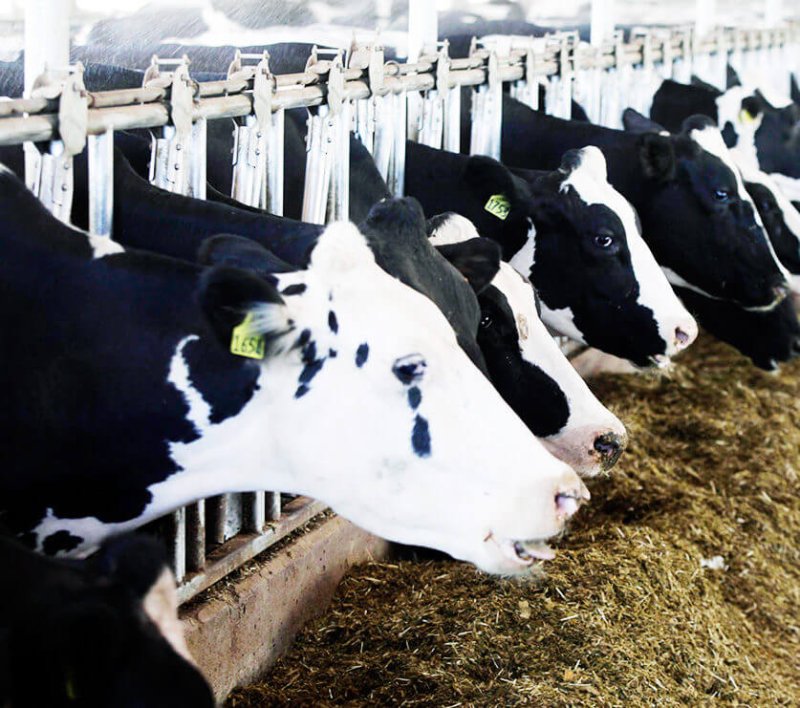The way we eat in the industrialized world is unhealthy, unjust, and unsustainable. Far too much of the meat we consume is produced under questionable ecological, ethical, and social conditions….
Meat production is a tremendously inefficient use of agricultural land, because considerably more plant-based food is needed to feed livestock than we would need to feed ourselves directly through a plant-based diet.
[T]he production of soy – the world’s most important animal-feed grain … [for] animal-feed production, and the intensive cultivation of agricultural land that it requires, is not only destroying ecosystems and reducing biodiversity; it is also fueling climate change.
We can no longer ignore the external costs of this system. If we are serious about addressing climate change and securing every human being’s right to proper nutrition and food security, we must challenge the presumption that an industrial agricultural model, let alone meat, is necessary to feed the world….
The UN Environment Programme estimates that, by 2050, an area between the size of Brazil and India will have to be repurposed into cropland if current food-consumption trends continue. But if [the world population] were to have a plant-based diet…all of them could be fed without the need for any additional agricultural land….
The GLP aggregated and excerpted this blog/article to reflect the diversity of news, opinion, and analysis. Read full, original post: The Plant-Based Solution to Hunger































